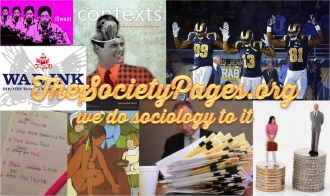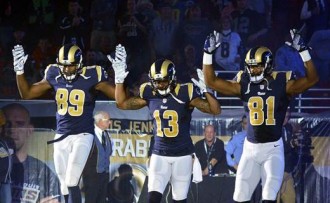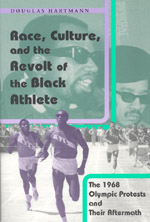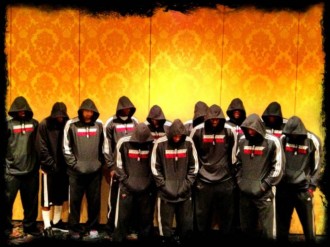 In the first weeks of the New Year, we will begin running down some of the most popular and provocative posts from around The Society Pages and its partner sites. But before we all head off to the four corners for winter break, we want to get the plaudits started with our own in-house team.
In the first weeks of the New Year, we will begin running down some of the most popular and provocative posts from around The Society Pages and its partner sites. But before we all head off to the four corners for winter break, we want to get the plaudits started with our own in-house team.
We are inestimably lucky to have the dedicated, inquisitive, and intellectually rigorous grad board we’ve assembled here at the University of Minnesota. These students volunteer their time, coming to meetings, workshopping ideas, live-editing their pieces together, reaching out to top scholars for interviews and roundtable contributions, and bringing their energies to the site every day. Here are the unscientific but happily presented Best-Of’s in just some of the areas to which these students contribute:
Best of… Citings & Sightings:
“Pushing the Secret Service Director Off the Glass Cliff?” by Matt Gunther
Best of… There’s Research on That!
“Reflecting on Ferguson,” by Evan Stewart
Best… Office Hours Podcast:
“Brian Southwell on Social Networks and Public Understandings of Health and Science,” with Sarah Lageson.
Best of… The Reading List:
“The Fluidity of Racial Categories on the US Census,” by Ryan Larson.
Best of… Roundtables:
“Re-evaluating the ‘Culture of Poverty’, with Mark Gould, Kaaryn Gustafson, and Mario Luis Small,” by Stephen Suh and Kia Heise.
Best of… In-House Titles:
“Atheist Church: A Predictable Paradox,” by Jacqui Frost.




